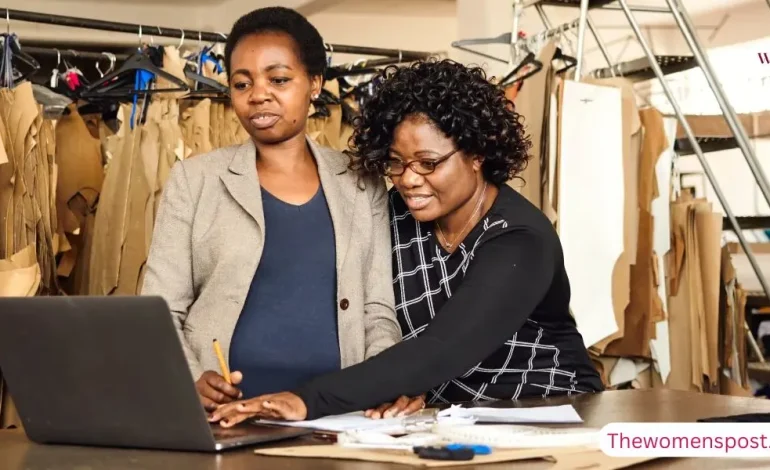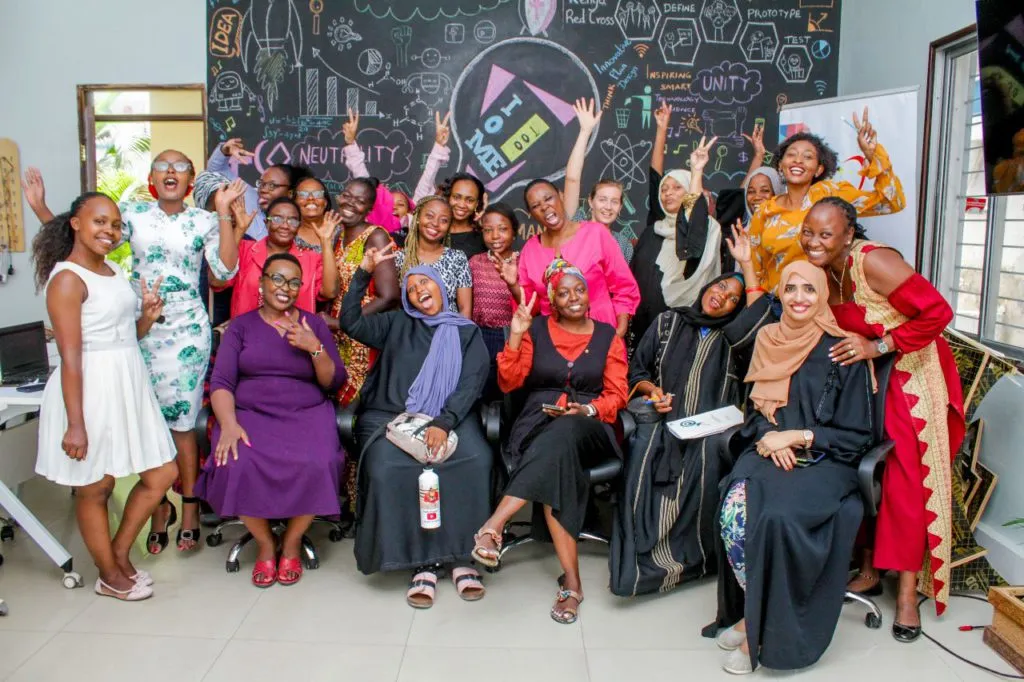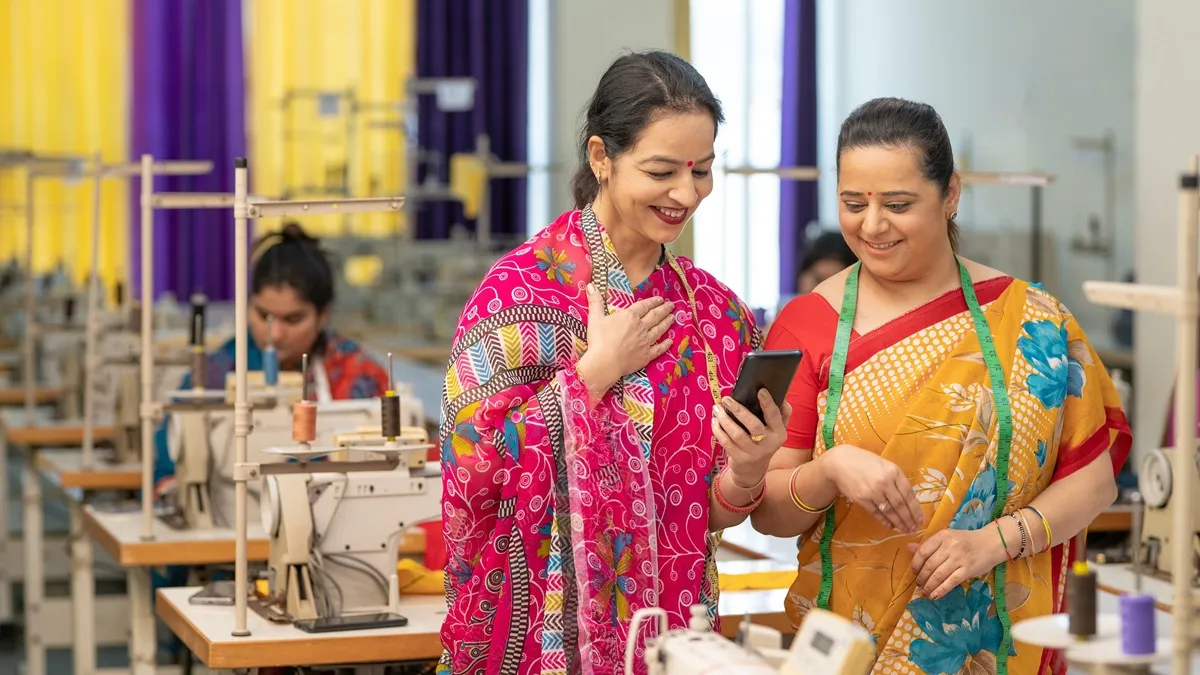Women In Social Entrepreneurship: Creating Change In Underprivileged Communities

Social entrepreneurship women are creating a significant impact on the globe and demonstrate how women create change through social entrepreneurship. Social entrepreneurship women employ business concepts to address social issues, particularly in areas where individuals do not have basic needs such as education, health care, or employment. Underprivileged communities typically consist of rural communities, poor communities, or communities experiencing inequality. These women make their impact by initiating businesses that assist others while earning money to continue working, all contributing to community empowerment. This article discusses their work, setbacks, and influence.
Understanding Social Entrepreneurship

Also Read: The Policy Role In Enabling Women Entrepreneurs
Social entrepreneurship is initiating a company to repair a social problem, not merely to make profits. Different from typical businesses, these are centered on assisting people and the environment, creating community empowerment. Women have moved into this sector because they tend to view problems from close proximity, such as gender disparities or household challenges.
Why Women Excel in Social Entrepreneurship
Women take care of communal needs in most societies, and thus they identify avenues for enhancing lives through social entrepreneurship efforts by women for community improvement. More women over time have moved into this arena, influenced by improved schooling and support networks. Organizations such as the Ashoka Foundation have assisted by supporting women’s ideas from across the globe, facilitating empowerment of communities.
Inspiring Examples of Female Social Entrepreneurs
Chetna Gala Sinha: Empowering Rural Women
Several women social entrepreneurs have backgrounds that are different, representing female social entrepreneurs in underserved communities. Consider India’s Chetna Gala Sinha. She established the Mann Deshi Bank and Foundation to enable rural women to access loans and education. Where banks neglect poor women, her efforts have benefited more than 500,000 individuals, empowering them in communities. These women operate small businesses, such as selling products or agriculture, that raise their families above the poverty line.
Malala Yousafzai: Advocating for Girls’ Education
Equally, Malala Yousafzai initiated the Malala Fund after surviving an attempt on her life for seek education. Her organization operates in nations such as Pakistan and Nigeria, advocating for girls’ education. Millions of girls in far-flung villages today have improved prospects to learn and break cycles of poverty, showcasing how women facilitate change through social entrepreneurship.
Shaheen Mistri: Transforming Education
Shaheen Mistri, who heads Teach for India, is another such example. She enlists young leaders as teachers to teach in poor schools. This provides children in slums with quality education, demolishing walls which prevent communities from advancing and generating empowerment in communities.
Aditi Gupta: Breaking Health Taboos
In health, Aditi Gupta developed Menstrupedia Comic to educate about periods. Girls in conservative regions miss school because of taboos. Her comics find their way to underserved villages, enhancing women and girls’ health and confidence, highlighting women making social change in underserved regions.
Global Impact: Melinda French Gates and Durreen Shahnaz
Globally, Melinda French Gates employs Pivotal Ventures to invest in women-led initiatives. She is dedicated to health and equity in poor areas, such as lowering infant mortality in Africa, adding to social entrepreneurship efforts by women for community building. Durreen Shahnaz created Impact Investment Exchange, a platform that bridges money with social initiatives. It has impacted more than 159 million individuals in 57 countries by financing such things as renewable energy in rural areas. These women illustrate the power of one concept spreading a long way, celebrating female social entrepreneurs making a difference in underserved communities.
Challenges Faced by Women in Social Entrepreneurship
Women in this sector have it difficult. It is difficult to get funding because investors like to fund men. In some locations, cultural societal norms restrict the roles of women, and it is risky to venture out.
Work-Life Balance and Lack of Support
Managing family and work creates tension, particularly in underserved areas where there is limited assistance. Harassment or not having networks causes delays. However, most overcome this with organizations like Lean In, founded by Sheryl Sandberg, which creates spheres for women to share tips and develop, fostering empowerment in communities.
The Impact of Women Social Entrepreneurs

Also Read: How Women Are Using Social Media And E-commerce To Start Businesses
The work of these women has a gigantic impact. In under-resourced communities, their efforts bring jobs, enhance health, and construct skills, propelling empowerment in communities. For example, when women borrow from organizations such as Mann Deshi, they invest in their children’s schooling, creating brighter futures. Research indicates that empowering women lifts entire economies—families have more to eat, children remain in school, and crime decreases.
Success Stories from India and Beyond
Women’s social enterprises are helping millions lift themselves out of poverty through sustainable agriculture or artisanal crafts in India, evidence of women making a social impact in low-income communities. Across the world, initiatives such as the Malala Fund have compelled governments to reform laws for girls’ rights.
The Role of Technology in Social Entrepreneurship
Technology also assists. Women apply apps and AI to grassroots solutions, such as monitoring health in rural villages. This accelerates change and touches more lives, pushing forward social entrepreneurship projects by women for community growth. As climate concerns increase, women such as Christiana Figueres spearhead sustainability, safeguarding communities devastated by floods or droughts, again showing how women create change through social entrepreneurship.
The Future of Women in Social Entrepreneurship
Ahead, things look bright. Women receive more funds, and programs educate them on business acumen. Governments and large corporations collaborate with such entrepreneurs for greater effect. Young women inspire others and generate a wave of change. Experts foresee that by 2030, more women will head social enterprises, addressing inequality and the environment, carrying on the trend of women making a social impact in disadvantaged regions.
Conclusion
Ultimately, social entrepreneurship women create lasting change in disadvantaged communities. Their experiences demonstrate determination and ingenuity. Through their support, communities can create an equitable world where all people succeed based on empowerment in communities. These entrepreneurs lead by example that business can be a positive force.









